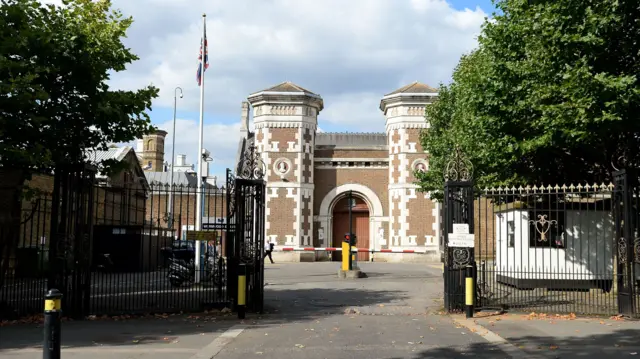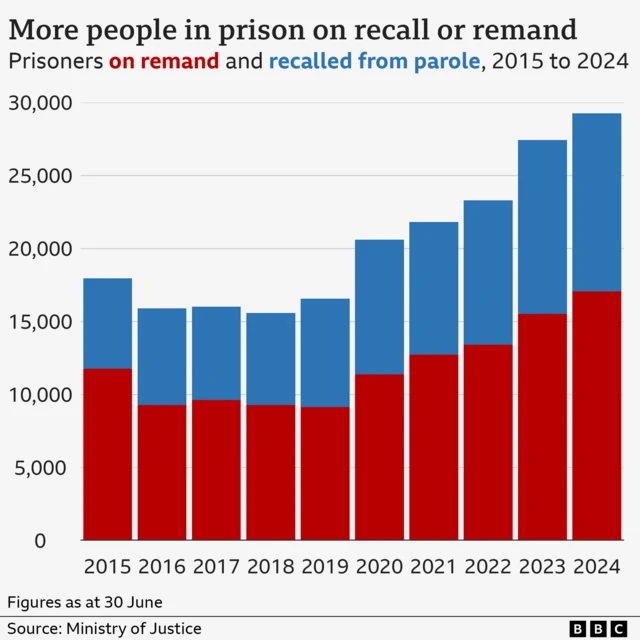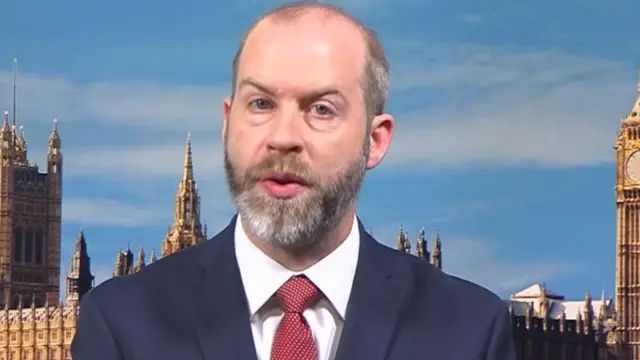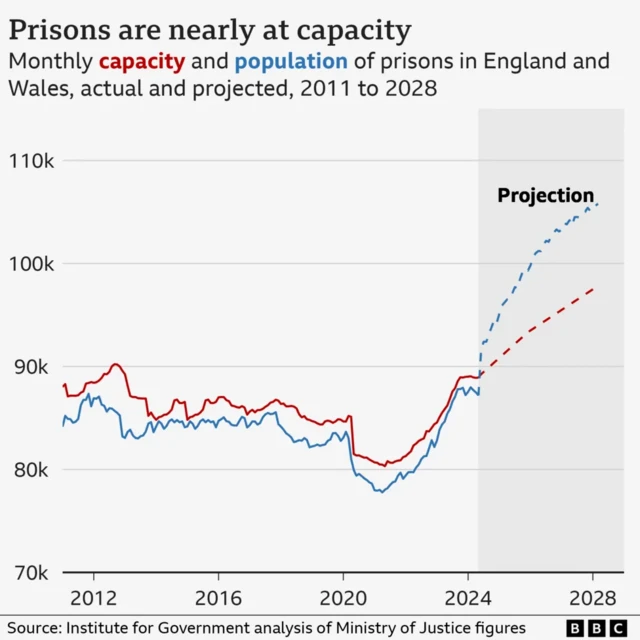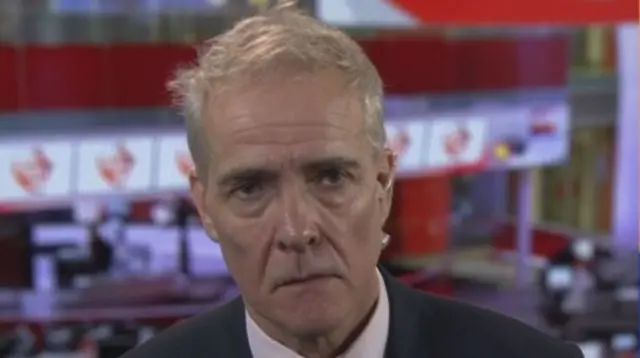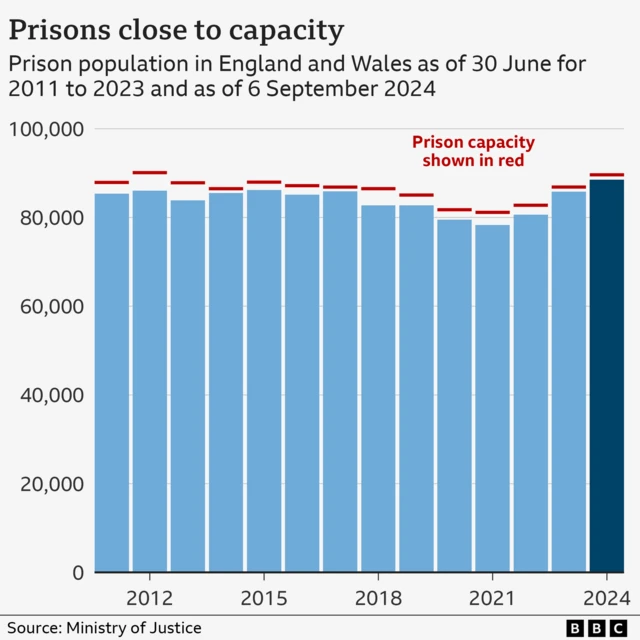
Can release licences actually control offenders?published at 10:14 BST 10 September 2024
 Dominic Casciani
Dominic Casciani
Home and legal correspondent
Offenders leaving jail today are not free in the true meaning of the word.
They’re on a release licence and they can be recalled to prison if they break it.
The licence is a set of standard conditions, plus additional and specific optional extras, imposed by the governor with the input of probation officers who have assessed the offender.
Typically, the offender should be told of their conditions a week before they leave jail. The standard conditions include instructing the offender to keep in touch with their probation officer, live at an approved address and have any job cleared before they take it. That is assuming they can find work.
There is usually an international travel ban and, fairly obviously, they must not do anything that would undermine their reintegration into the community.
Optional restrictions include a ban on approaching victims, going to particular places related to their crimes and a curfew. Offenders are often tagged - so they’re traceable - but not always.
The key element in the package is oversight from probation officers. But, as we know and reported earlier, they’re super stretched in a system that inspectors say is overwhelmed.

